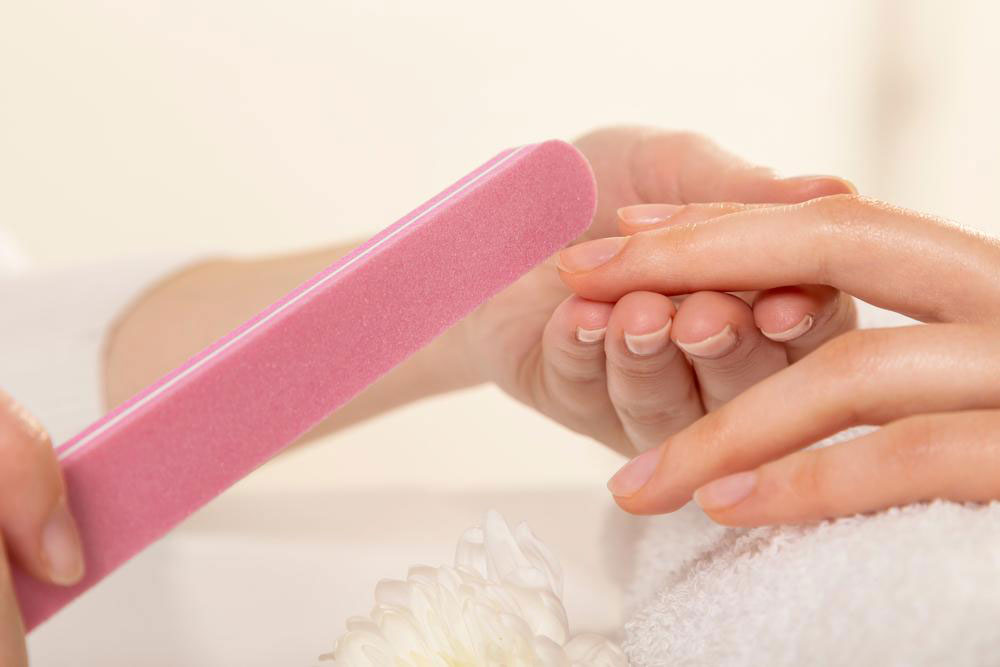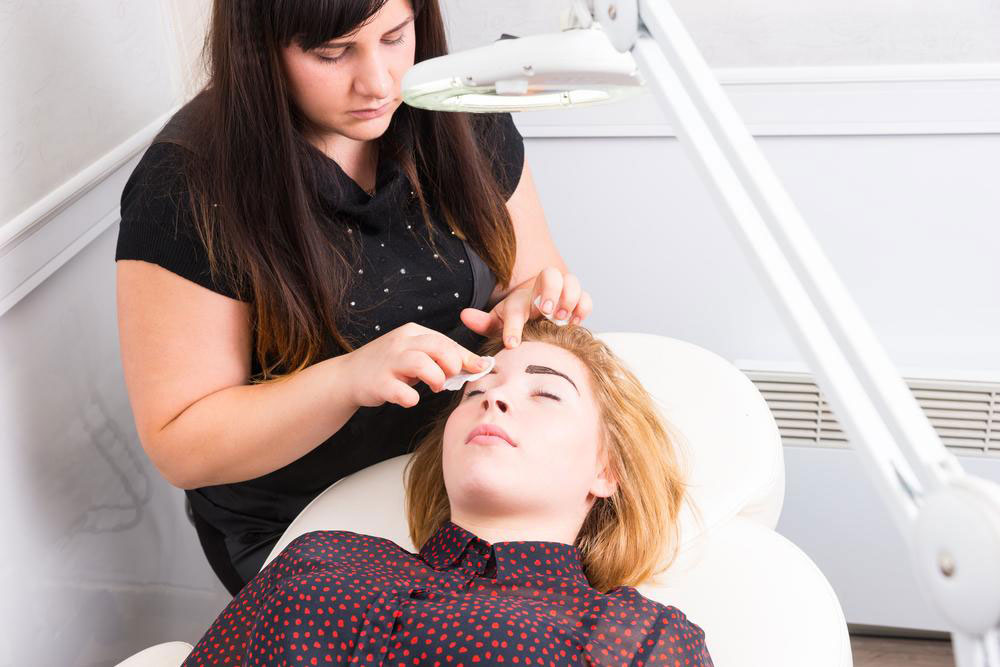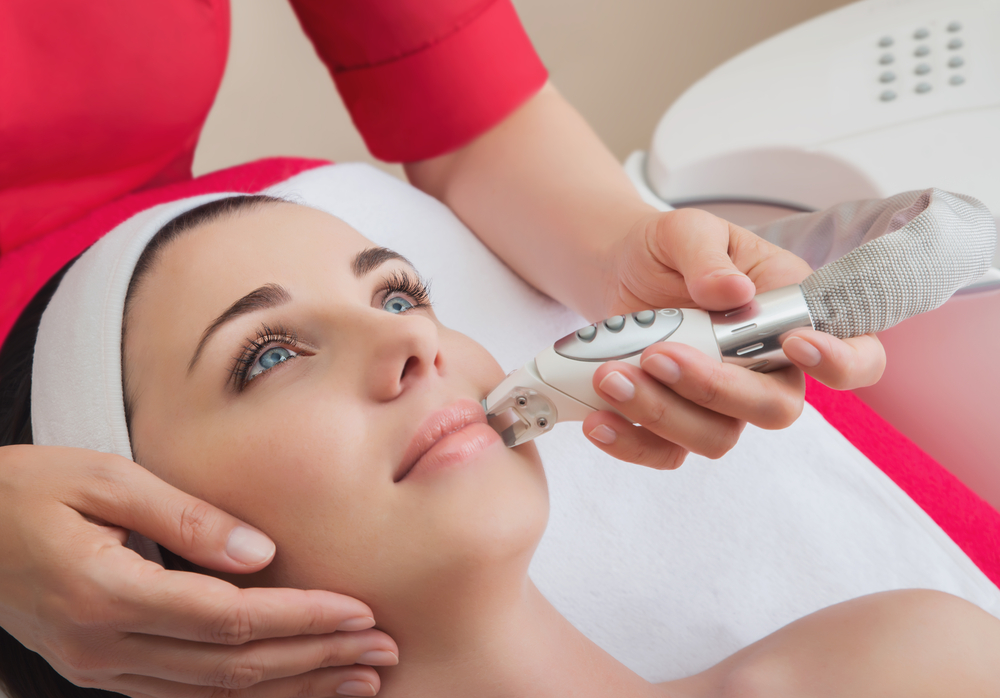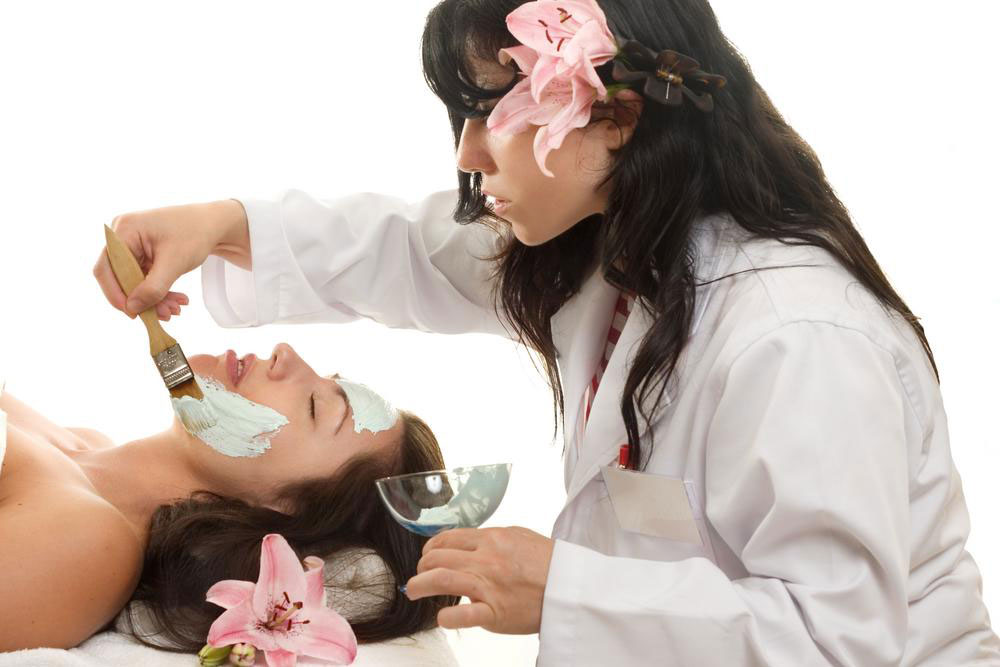Ultimate Guide to Launching Your Career as an Esthetician
This comprehensive guide provides aspiring skincare professionals with all the essential information needed to start a successful esthetician career. From educational requirements and industry associations to training curriculum, duration, costs, and licensing, learn how to choose the right program and build a thriving career in the beauty industry.

In-Depth Guide to Esthetician Education and Certification
Ultimate Guide to Launching Your Career as an Esthetician
In today’s beauty-conscious society, appearance and skincare are more important than ever. The demand for professional estheticians is booming, driven by a cultural shift toward personal grooming and wellness. As new spa resorts, skincare clinics, and wellness centers open across the country, the employment opportunities for estheticians continue to expand rapidly. The U.S. Bureau of Labor Statistics forecasts a robust growth rate of approximately 13% in the employment of skin care specialists from 2016 through 2026, signaling a promising career path for those interested in the beauty industry. The median annual salary for estheticians is around $30,270, but highly experienced professionals or those with specialized skills can earn upwards of $59,780, making it an attractive field for aspiring beauty professionals.
Choosing a career in skincare offers numerous advantages, including flexibility in work schedules, manageable stress levels, and the potential to increase earnings as you gain experience and specialize. To successfully start your journey, it’s essential to enroll in a reputable esthetician school that is accredited by your state’s licensing board. Here’s a detailed breakdown of everything you need to know to begin your skincare career:
Educational Prerequisites
The criteria for obtaining an esthetician license in the United States vary by state, making it crucial to understand your local requirements. Most states, excluding Connecticut, require completion of a formal education program—either a dedicated esthetician course or a licensed cosmetology program that includes esthetician training. These programs typically span between 300 to 1,500 hours, with the national average being around 600 hours. Successful candidates must pass both a written exam and a practical skills assessment to qualify for licensing. Additionally, ongoing hands-on training is often recommended or required to keep up with advances in skincare products and techniques, ensuring estheticians stay current with industry trends and innovations.
Industry Associations and Support Resources
Professional organizations like the Professional Beauty Association (PBA) and the American Association of Cosmetology Schools (AACS) provide valuable resources for aspiring estheticians. These groups offer access to webinars, industry workshops, updated licensing requirements, and job placement assistance. Their directories can help you identify top-rated esthetician schools that are approved and respected within the industry. Joining these associations also offers opportunities for networking, continuing education, and staying informed about new treatment trends and technological advancements.
Core Curriculum and Skills Development
When selecting an esthetician training program, ensure the curriculum covers a comprehensive range of topics essential for a successful skincare career, including:
Skin analysis, including identifying skin types and conditions
Basic and advanced facial treatments, such as extractions and exfoliation
Chemical peels and other advanced skin therapies
Makeup application techniques for different occasions
Spa therapies, including relaxation and massage techniques
Salt glow and body treatment procedures
Sanitation and hygiene best practices to ensure client safety
Business management skills, including client consultation and retail sales
Understanding state-specific laws and regulations affecting practice
Hair removal techniques, especially waxing
Aromatherapy and other holistic skincare approaches
Always verify that the program you choose is approved by your state’s Board of Cosmetology or equivalent licensing authority before enrollment to ensure it meets all licensing criteria.
Program Duration and Schedule Options
Most esthetician programs range from four to six months, requiring around 600 hours of coursework. Some states require only 600 hours for licensing, while others may demand up to 1500 hours, especially if you pursue advanced certifications in specialized treatments like laser therapy or electrical facials. You can opt for full-time programs, which typically accelerate your entry into the workforce, or part-time schedules if you need flexibility due to work or personal commitments. Many programs also offer weekend or evening classes. If you plan to upgrade your skills later, advanced certifications can extend beyond basic coursework, often involving 1200 to 1500 hours focusing on advanced treatments such as chemical peels, laser treatments, and electrical modalities.
Tuition Costs and Financial Assistance Options
The cost of esthetician education varies depending on the school and program type. Basic licensure programs usually range from $3,000 to $5,000, covering tuition, supplies, and licensing fees. More specialized or advanced courses, such as laser certification or medical esthetician programs, can cost between $8,000 and $10,000. While federal financial aid options are limited for beauty training programs, some states and private institutions may offer scholarships, grants, or installment payment plans to help offset tuition costs. It’s advisable to explore all financial aid opportunities early and coordinate with your chosen school’s financial aid office for detailed guidance.
Equipped with this comprehensive knowledge, aspiring estheticians are well-prepared to choose the right program, meet licensing requirements, and embark confidently on a rewarding skincare career. Remember, continuous education and specialization can further enhance your earning potential and job satisfaction over time.




